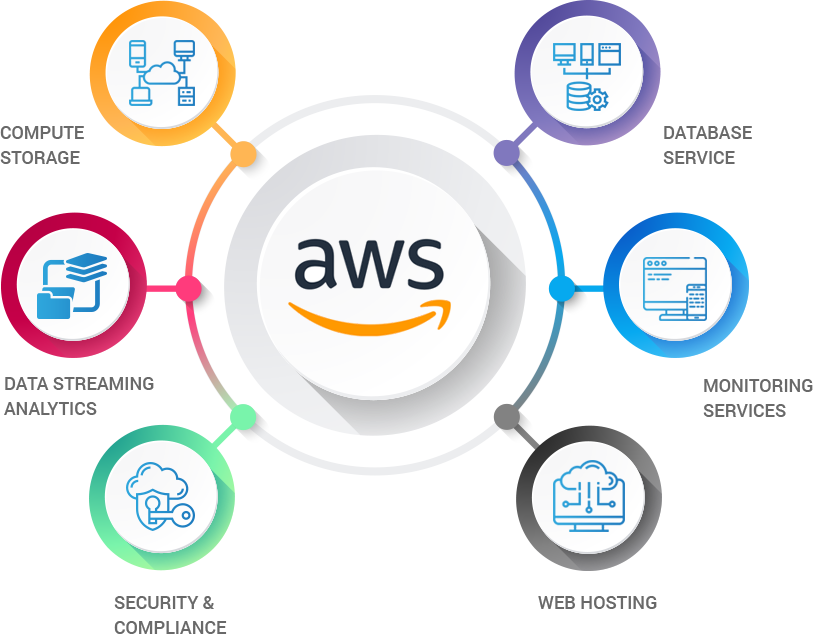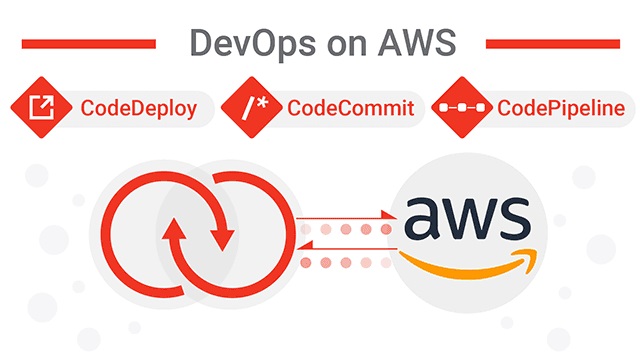
AWS is the most popular cloud platform worldwide, serving more than 50% of all cloud computing customers. It is only natural that most companies want to deploy their products to AWS for life. However, AWS is a complex platform with multiple services that require careful configuration in order to ensure maximum return on all your cloud investments. ITSvit.com shares its experience on this challenge, based on 5+ years of delivering AWS DevOps services.
Thus said, there is a huge demand for AWS DevOps services, and the companies are left with three basic choices:
- hire an AWS DevOps Engineer to their team
- subscribe for managed AWS DevOps services from the platform or its affiliated partners
- rent AWS DevOps expertise from IT outsourcing companies.

We list the pros and cons of each approach below.
- Hiring an AWS DevOps specialist in-house. This is a good approach if your company is located in some startup hub and you have access to a wide variety of skilled talents locally. However, really skilled DevOps engineers are not unemployed in startup hubs, and settling for a low-skill specialist might be a very costly decision.
Besides, this approach has all the downsides of any other recruitment process. You need to invest time and money into hiring and HR, pay for the workplaces of these specialists — or spend your own time looking for the talent. Alternatively, you can hire a recruitment agency — but their fees are also quite high.
In addition, once talent is found and hired, you need to provide the full set of office equipment for them and pay for various other expenses, from bottled water, tea and cookies to periodic team building activities.
In the end, none of this guarantees the DevOps engineer stays with you — as they can fall ill, go on vacation or just quit and move to a greener pasture, putting your project on halt. - Subscribing for technical support from AWS or their partners. This approach guarantees the high professionalism of your DevOps engineers and ensures you are covered by the SLA. The downsides, though, are two. First, your requests will be served under “First in, first-out” basis along with requests of thousands of other AWS customers, so 4 hours till the response (not issue resolution, mind you, just response) will be considered an adequate time.
Secondly, AWS DevOps engineers are experts at using AWS services — but these are not a must in every project and can quite often be replaced with open-source alternatives to save money. However, to do this you must understand what module does what and what can be replaced with an alternative — and the lack of such knowledge is what forces the businesses to opt for AWS technical support in the first place. Thus said, you end up in vendor lock-in and will have to start from scratch, should you ever decide to move to another cloud platform. - Renting a team of AWS DevOps experts from IT outsourcing companies. This approach combines the benefits of the two variants above, while it is free of their downsides. You get a ready team at once, it has the needed expertise and might even have the ready solutions to reduce your project expenses, it delivers the project on time and you part ways till the next time.
Besides, this team uses open-source tools to minimize your AWS infrastructure expenses and responds to your inquiries much sooner than in 4 hours. And hiring such a team overseas costs nearly 3 times less, than working with a full-time hire in the US or EU.

To wrap it up, AWS DevOps expertise should definitely be rented, not hired. In this case, you part ways after the project ends — or subscribe for long-term support — and spend as much money as you really need to.
